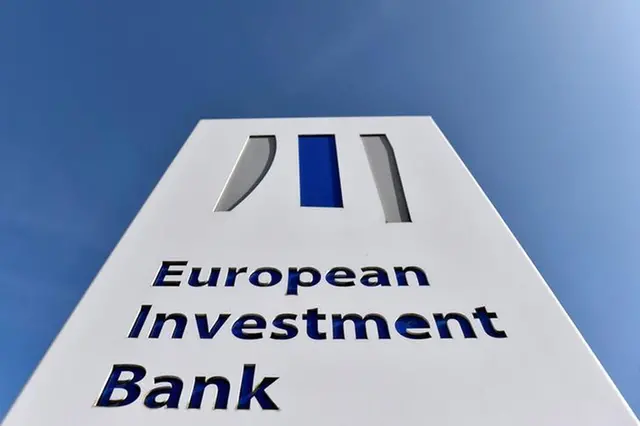The European Investment Bank (EIB) has announced a commitment of more than €2 billion ($2.3 billion) over the next two years to support renewable energy projects across Africa. The funding targets the construction of hydroelectric, solar, and wind power plants, along with upgrades and expansions to the continent’s transmission and distribution networks, according to Reuters.
EIB Vice President Ambroise Fayolle is expected to provide additional details during the upcoming European Union–African Union summit in Luanda, Angola.
The EIB’s investment emphasizes both generation capacity and grid infrastructure. Building new renewable energy plants addresses Africa’s growing energy needs, while transmission and distribution upgrades ensure that electricity reaches homes and businesses efficiently. This dual approach reflects a hierarchy of priorities: first, increase supply; second, improve delivery.
Hydroelectric projects will leverage existing water resources to generate steady power, while solar and wind plants will tap into the continent’s vast renewable potential. These projects are designed to provide reliable electricity to areas currently underserved and to modernize energy infrastructure that has lagged behind demand.
This funding builds on previous European Union initiatives. In September, the EU launched a €545 million ($638 million) program to accelerate renewable energy investments in Africa. That program focuses on expanding electrification, modernizing power grids, and improving access to reliable, clean energy.
Together, these initiatives aim to address the structural challenges that prevent large portions of the population from accessing electricity. Despite abundant renewable energy potential, nearly 600 million people in Africa remain without power. Expanding generation and improving distribution networks directly targets this gap.
Read Also: The Hidden Advantage Radiative Cooling in Space
The European Commission has projected that such investments could support up to 38 million green jobs by 2030. Job creation is a direct outcome of constructing new plants, maintaining equipment, and managing grids. By linking investment to employment, the programs seek measurable economic benefits alongside energy gains.
The European Investment Bank and EU programs are targeting specific countries for implementation. According to Business Insider Africa, projects will focus on Cameroon, the Central African Republic, the Republic of Congo, Côte d’Ivoire, Ghana, Lesotho, Madagascar, Mozambique, and Somalia. These countries have been selected based on potential impact, existing infrastructure needs, and renewable energy resources.
The EIB’s €2 billion commitment represents one of the largest coordinated investments in African renewable energy infrastructure. By focusing first on the mechanics of energy generation and distribution, and second on economic and social outcomes, the initiative addresses both supply and access challenges.
For the continent, this investment is significant. It strengthens electricity systems, enables reliable energy for households and businesses, and creates jobs in the renewable sector. These projects demonstrate that carefully structured investments, grounded in infrastructure priorities and measurable outcomes, can provide immediate and long-term benefits.
By Thuita Gatero, Managing Editor, Africa Digest News. He specializes in conversations around data centers, AI, cloud infrastructure, and energy.



